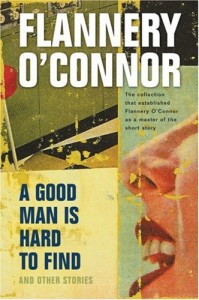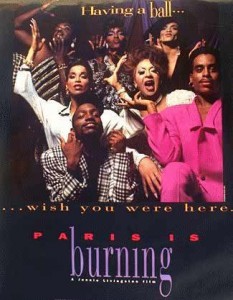Different from Death of The Author of Roland Barthes who believes the reader, not the author, creates the meaning of a text, the very idea of an author is a fiction invented by the reader, Foucault analyzed the notion and the function of an author from an entirely different viewpoint.
Foucault limited the subject of “author” in this article, he admitted that he would only talk about “author” in the domain of discourse, but this topic is still immense—more than the literature, a theory, discipline, or tradition could all be included. There always exist a certain number of signs referring to the author. The inevitable discussion about the relationship between the author and his work indicates the importance of the author should be emphasized. A work could be called as “work” because it is created by a person who is accepted as “author”, all the same time, a work should be distinguished clearly from other written records by the author, like his memo or shopping list.
Foucault started from this phrase “What does it matter who is speaking”, this indifference is an immanent characteristic of contemporary writing, which is nowadays not limited to the dimension of expressions. The rules and limits of writing are not that important, the space created by writing is the essence. As for the relationship between writing and death, this point reminds me of the debate between Derrida and Searle—writing is a means of perpetuating thoughts and signs in the absence of the receiver and the writer, the iterability and the permanence are inherent characteristics of writing. Writing could be immortal linked to sacrifice, then the author will be “killed”, the existence of author’s individuality will be effaced.
I take the function of the author’s name as a part of author-function. Foucault believes a proper name is not only a pure or simple reference as an indication of someone, it has other indicative functions—the equivalent of a description. I agree with this argument, the author should be the one of a series of descriptions, but name is not the only signifier to the identity of an author, there may exist other people who have the same name; or the author can use a penname instead of his real name. As to me, name is important but not without limitations. Sometimes, author’s name makes things complex. However, the connection between the work and the author—this particular person—is not negligible. The work and the author’s name have a mutual influence on each other: if a discourse has an author’s name, a certain status of this discourse is hence established, this discourse is differentiated from ordinary everyday speech; a popular work makes his author famous; the work of a famous author is more well-known than most of other anonymous writings. This reminds me another example: last month, a Chinese writer Mo Yan won Nobel Award in Literature, his dull works written years ago were dug out and become popular, even some commodities rushed on to the front to register “Mo Yan” as the trademark. The name’s social function enlarges because of the fame effect.
About one of the four characteristics of the author function which I think is the most important one—it does not affect all discourses in the same way at all times and in all types of civilization, the author function is not always constant or universal. The dependability of the existence of the work’s author is variable, people are used to accept a work with the inventor’s name, especially for the literary discourses, but it’s not that important in the scientific sphere, author’s name is just a demonstration of their authenticity.
The author function is not just limited to his work. Foucault indicated Max and Freud as the example in the following part of the article. They are the creator or initiator of a theory or a literary analysis, they bring a variety of possibilities. Here, I’d like to mention “intertextuality”, a typical case for this argument. Freud’s theory could be cited as reference in other author’s work; a number of critical approaches to literature draw inspiration from the social and economic theories of Karl Marx, Marxism is propagated and applied in many countries. From this reason they could be called “founders of discursivity”, because they produce the possibilities of differences and the rules for the formation of other texts and theories. The “return to the origin” of the discourse could avoid the subsequent formal or theoretical transformations, at the same time, this “return” reinforces the connection between the author and the work.
After all these arguments about author-function, at last, Foucault stated again “what difference does it make who is speaking?” to illustrate the possibility of anonymity, “it does not seem necessary that the author function remain constant in form, complexity and even in existence.” (119). It’s interesting to notice this point, it is not contradictory, as to me, it is a good way to corroborate his own argument: Foucault—the author of What Is an Author put forward other possibilities for relevant or even disputable opinions and arguments on his work.
 Good Man Is Hard to Find
Good Man Is Hard to Find Good Man Is Hard to Find
Good Man Is Hard to Find Paris is Burning by Bell Hooks
Paris is Burning by Bell Hooks Paris is Burning by Bell Hooks
Paris is Burning by Bell Hooks